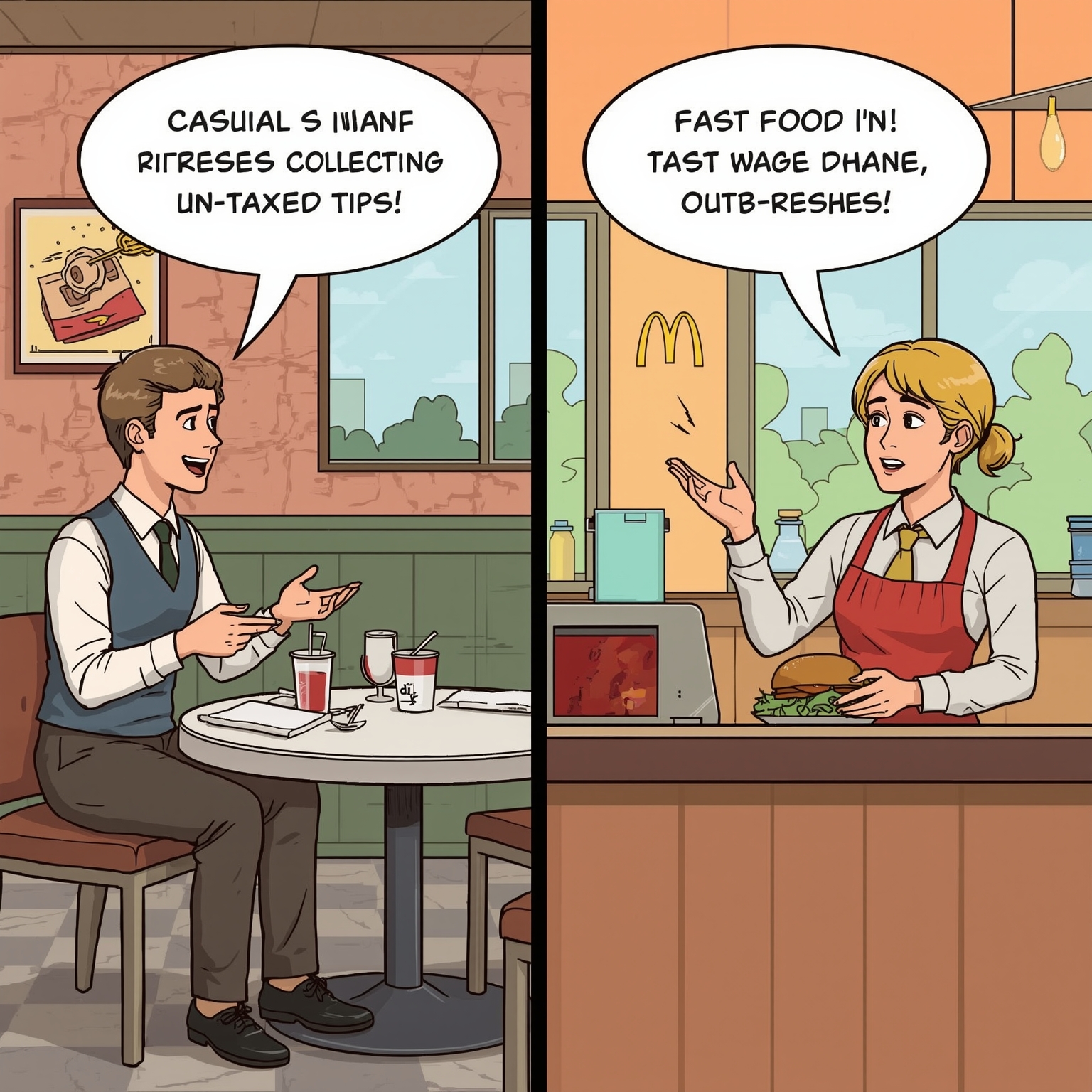Employees of McDonald’s, unlike many of their peers in other segments of the hospitality industry, will not experience any tangible advantage from the recently enacted provision that exempts tips from taxation, a measure prominently included in the much-publicized “Big Beautiful Bill.” This legislative development, while celebrated by countless waitstaff, bartenders, and servers in establishments where tipped income constitutes a significant portion of overall earnings, does not extend comparable benefits to fast-food workers who typically receive little to no gratuities as part of their compensation.
McDonald’s Chief Executive Officer, Chris Kempczinski, has emphasized that this discrepancy underscores what he refers to as an “uneven playing field” within the broader restaurant sector. His concern highlights a fundamental inequity: although the new law aims to provide financial relief to employees who rely on tips, it simultaneously creates a structural imbalance that disadvantages workers in environments where tipping is not customary. In the fast-food context, customer interactions are generally transactional and oriented around efficiency, leaving little room for gratuities, and therefore eliminating any opportunity for those workers to benefit from the tax exemption.
Kempczinski further elaborated on how tipped wage practices in certain establishments effectively transfer a portion of labor costs away from employers and onto customers. In other words, restaurants that operate under a tipping model often rely on consumers to subsidize employee pay, as gratuities elevate workers’ take-home pay and, under the new law, reduce the tax burden on that income. This arrangement contrasts starkly with the situation of quick-service restaurant chains such as McDonald’s, where employers are fully responsible for delivering direct wages without supplementation from customer contributions. As a result, the new legislation accentuates existing disparities between different categories of restaurant workers and raises important questions about fairness, compensation models, and long-term sustainability within the industry as a whole.
Sourse: https://www.businessinsider.com/mcdonalds-workers-wont-benefit-from-the-big-beautiful-bill-2025-9



